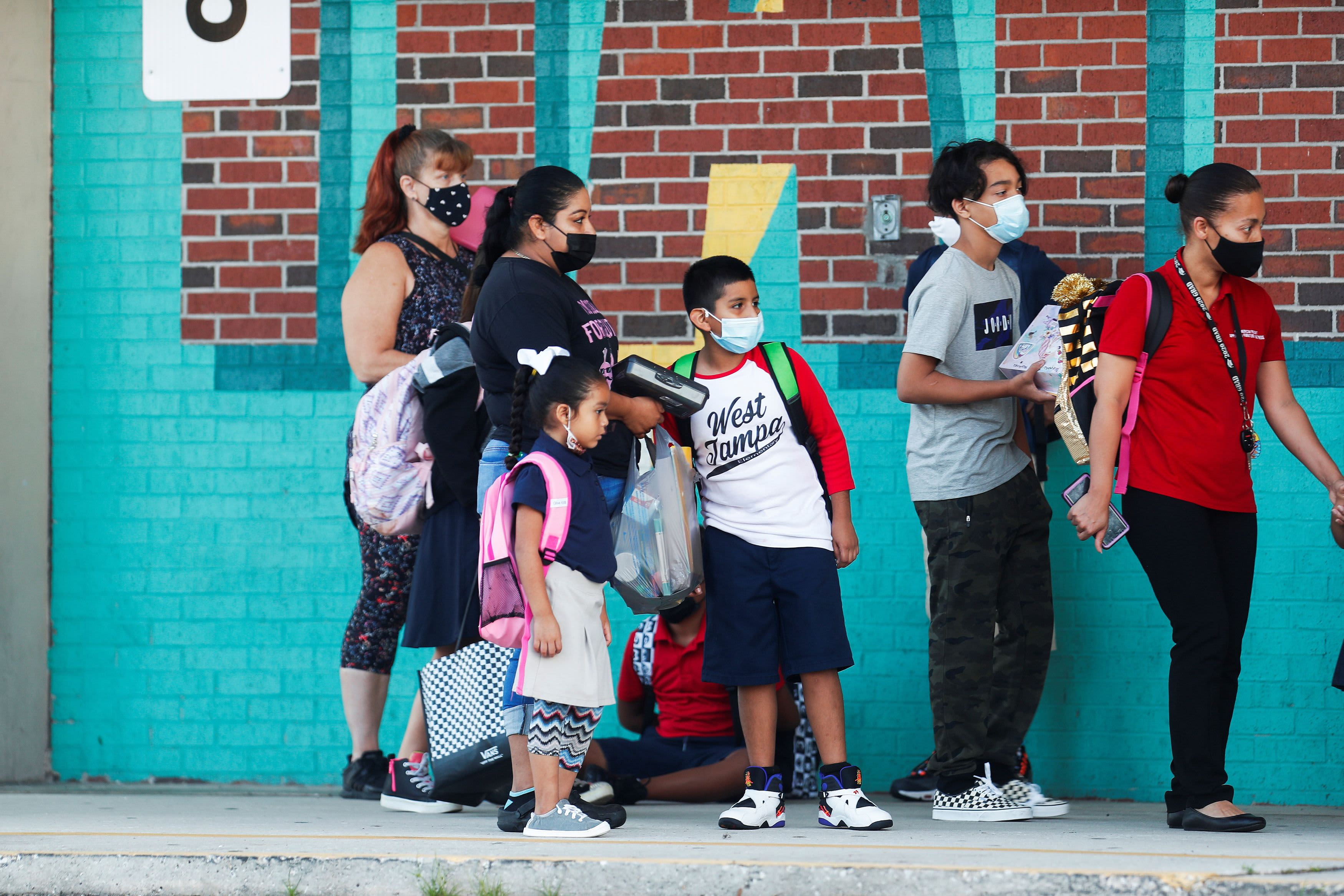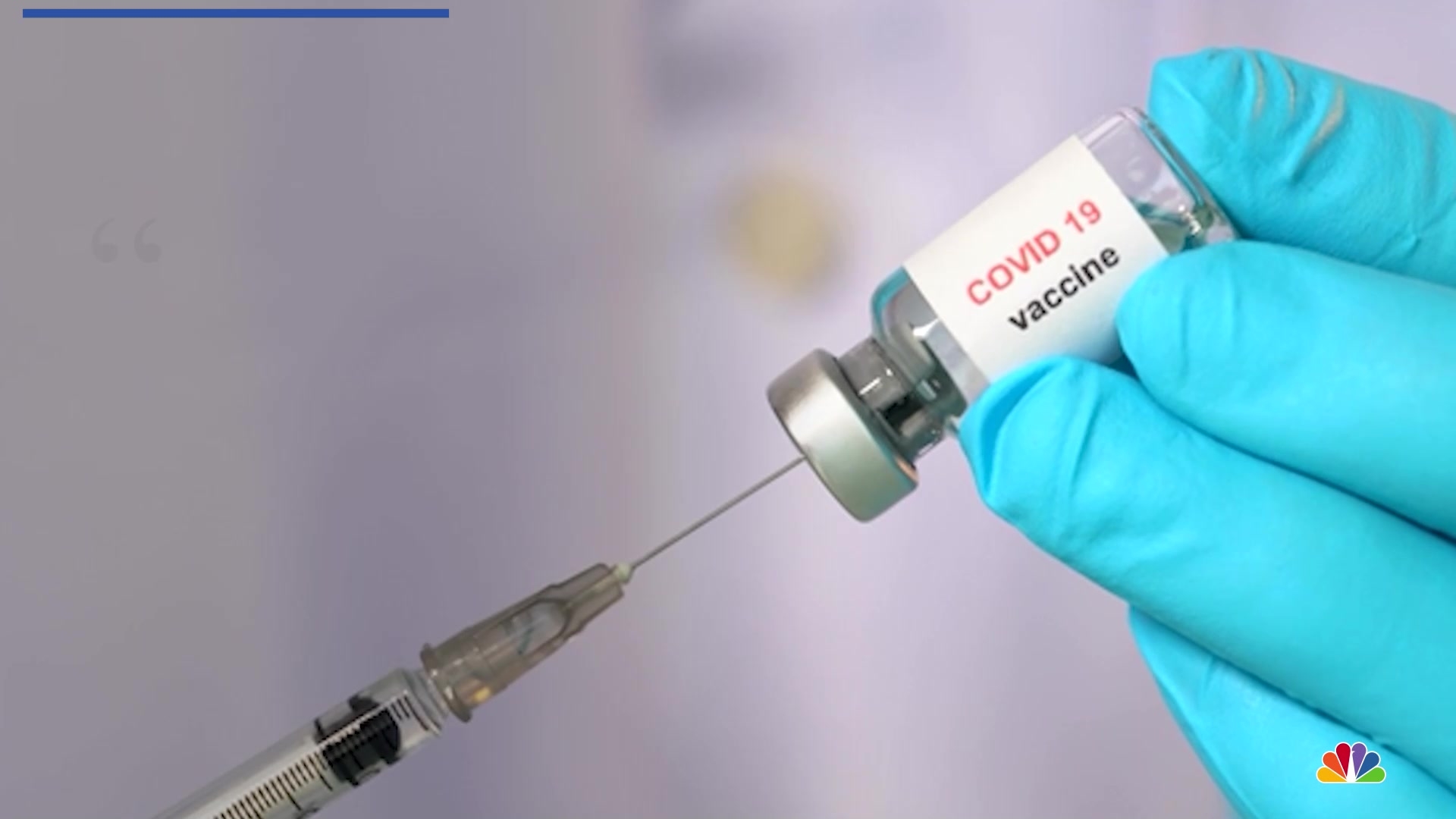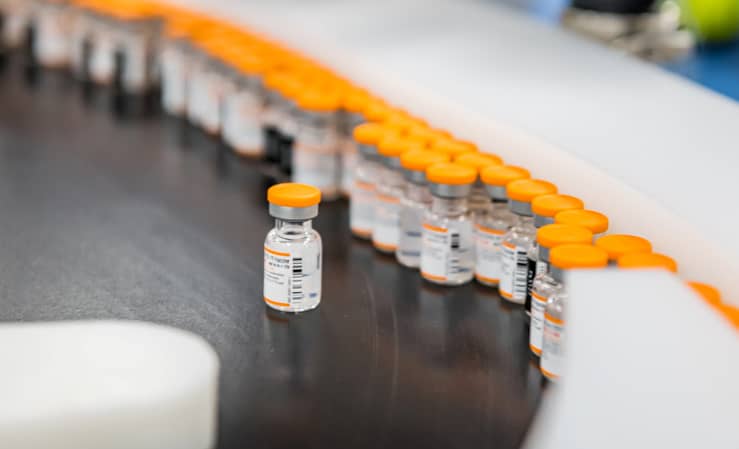As COVID-19 vaccines for kids ages 5-11 begin, some parents have expressed concerns over the side effects that might come with the child-size shots.
Doctors, however, overwhelmingly assert the benefits of vaccinating children are clear and outweigh the risks.
While a small portion of children suffer from severe disease, it's less likely for children to develop serious complications compared to adults.
Fully vaccinating 1 million kids ages 5 to 11 would prevent 58,000 COVID infections, 241 hospitalizations, 77 ICU stays and one death, according to a modeled scenario published by the Food and Drug Administration last week. Up to 106 kids would suffer from vaccine-induced myocarditis but most would recover, according to the agency.
Feeling out of the loop? We'll catch you up on the Chicago news you need to know. Sign up for the weekly Chicago Catch-Up newsletter here.
Children are experiencing less side effects overall, according to Dr. Jackie Korpics with Cook County Health.
But when children do encounter side effects, they're typically similar to the ones experienced by adults and usually after the second dose, too.
Dr. Daniel Donner, a pediatrician with Novant Health, said fewer kids could be developing side effects because the COVID-19 shot for the age group is one-third the size of the dose compared to the one for adults, according to WCNC, the NBC affiliate in Charlotte.
"It could be because of the lower dose," he said. "They are less likely to have those startup side effects -- feeling tired, having fevers, just not feeling well in general -- for that 2-3 day period after the shot."
Pfizer conducted a trial involving more than 3,000 children who received its vaccine and found the shots were well-tolerated.
The most common side effects were mild and comparable to those seen in a trial of teens and adults ages 16 to 25. Common side effects include injection site pain (sore arm), redness and swelling, fatigue, headache, muscle and/or joint pain, chills, fever, swollen lymph nodes, nausea and decreased appetite.
A separate trial conducted by the Food and Drug Administration produced similar results.
Side effects were generally mild to moderate, occurred within two days after vaccination, and most went away within one to two days, the agency said.
Federal regulators say they are monitoring for rare heart inflammation conditions, myocarditis and pericarditis, which have appeared in a very small number of young adults who received either the Pfizer or Moderna vaccine. There were no cases of myocarditis in Pfizer’s trial for kids, but officials said the trial may have been too small to detect the rare heart condition.
According to a survey published Thursday from the Kaiser Family Foundation, a third of parents in the U.S. say they will not get their children ages 5 to 11 vaccinated right away, and would wait and see how the vaccine rollout went.
Dr. Theodore Ruel, chief of pediatric infectious disease at the University of California, San Francisco, said parents’ concerns are understandable, especially since the mRNA vaccines are relatively new technology that many people are unfamiliar with.
“But at the end of the day, it’s kind of just the same as a normal vaccine, which is you get this protein from the virus and your body reacts to it,” he said. “I fear some of the innovation angle might have overly mystified it even though it works the same way other vaccines do.”




